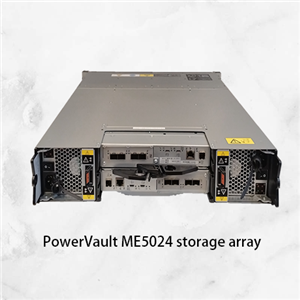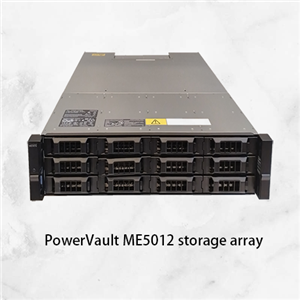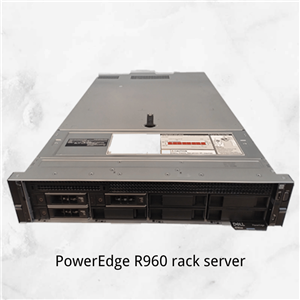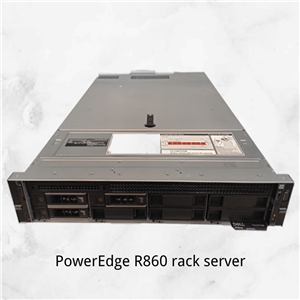Huang Renxun responds to DeepSeek shock
Huang Renxun responds to DeepSeek shock
Huang Renxun, CEO of Nvidia, said recently that the R1 model released by DeepSeek, a Chinese AI enterprise, will only increase the demand for computing infrastructure. Therefore, it is groundless to worry that "chip demand may decrease".
On Wednesday (March 19th) local time, Huang Renxun stated during a meeting with analysts and investors at the GTC conference that the previous understanding of "R1 may reduce chip demand" was completely wrong, and future computing demand may even become much higher.
In January of this year, The R1 model released by DeepSeek has caused a sensation in the market. The model was developed in just two months, cost less than $6 million, and only used about 2000 Nvidia chips. However, R1's performance in key areas can rival OpenAI's strongest inference model, o1.
This has led many people to question the significance of many large technology companies in the United States investing heavily in artificial intelligence models and data centers. Nvidia's stock price plummeted nearly 17% on January 27th, and last week it continued to drop to its lowest level since September last year.
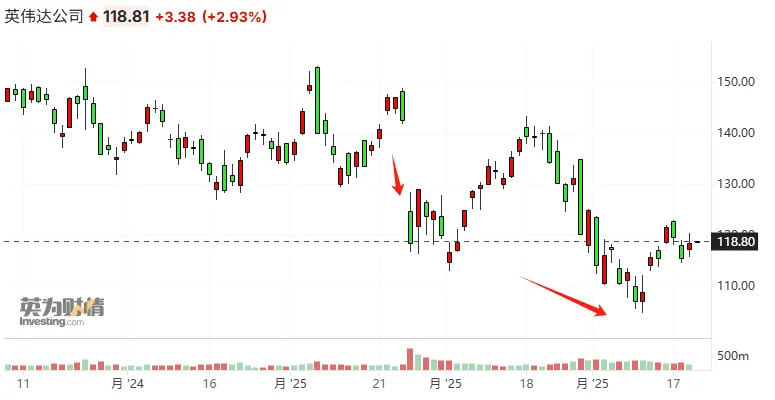
However, several major clients of Nvidia have reiterated their spending plans on AI in their recent financial reports. Media analysis has found that the actual growth rate of spending by the largest data center operators is climbing faster than expected.
At the analyst meeting, it was mentioned that some of Nvidia's clients are developing self-developed chips in an attempt to replace Nvidia's products, such as Google collaborating with Broadcom to develop ASIC chips. Regarding this, Huang Renxun argued that many ASICs cannot be deployed in data centers.
Huang Renxun believes that these large customers need better chips to generate more revenue from their infrastructure, rather than using cheap alternatives to save costs. He added that CEOs are very good at math, so they won't just focus on costs.
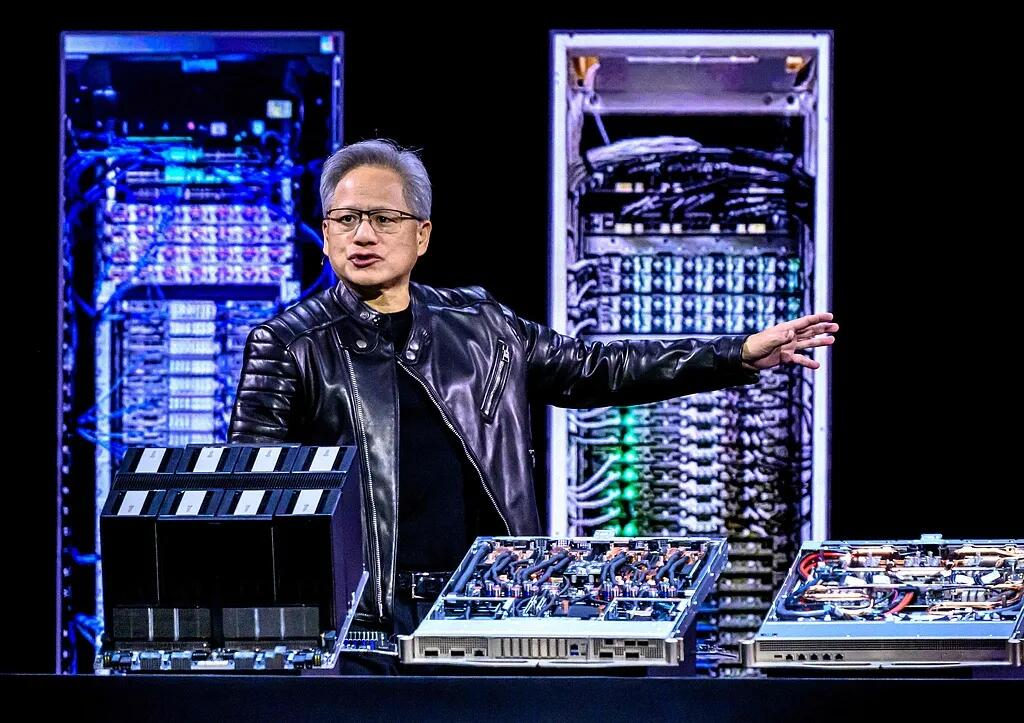
Huang Renxun pointed out that competitors' chip products cannot match the design of Nvidia Hopper, and the current performance of Blackwell is even 40 times stronger than Hopper.
Huang Renxun also showed some numbers indicating that the company received far more Blackwell orders than Hopper during the same period. He mentioned that this is only orders from cloud providers, and other companies' spending on AI data centers will further enhance these numbers.
Huang Renxun mentioned that if the US economy falls into recession, corporate clients may shift more investment towards AI devices - because this is where their business growth lies.
He also stated that the proposed tariff policy by the Trump administration will only have a minor impact on Nvidia in the short term, as the company will continue to shift the manufacturing of the most important part of its product line to the United States.
Huang Renxun stated that Nvidia is already using the production capacity of TSMC's Arizona factory, and as its suppliers increase production capacity, Nvidia will increase its usage.
--------This content comes from the official account of the Associated Press of Finance

